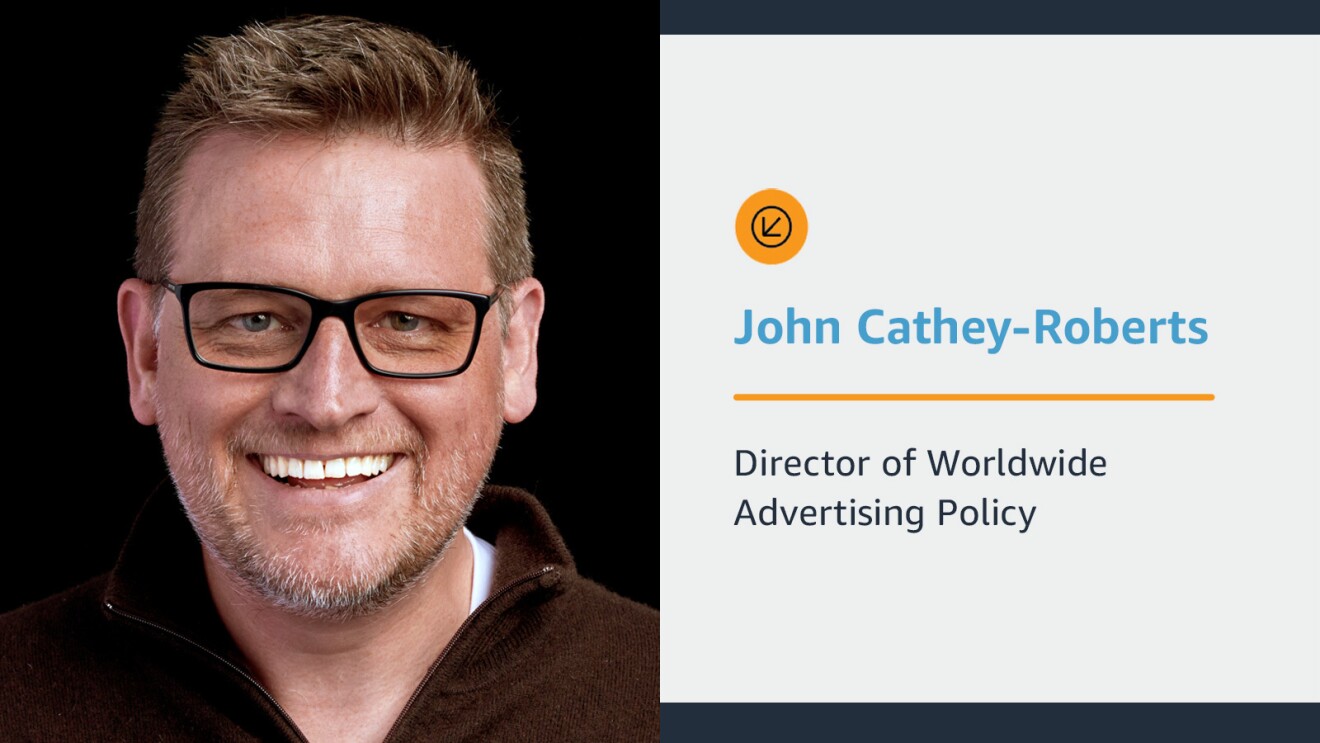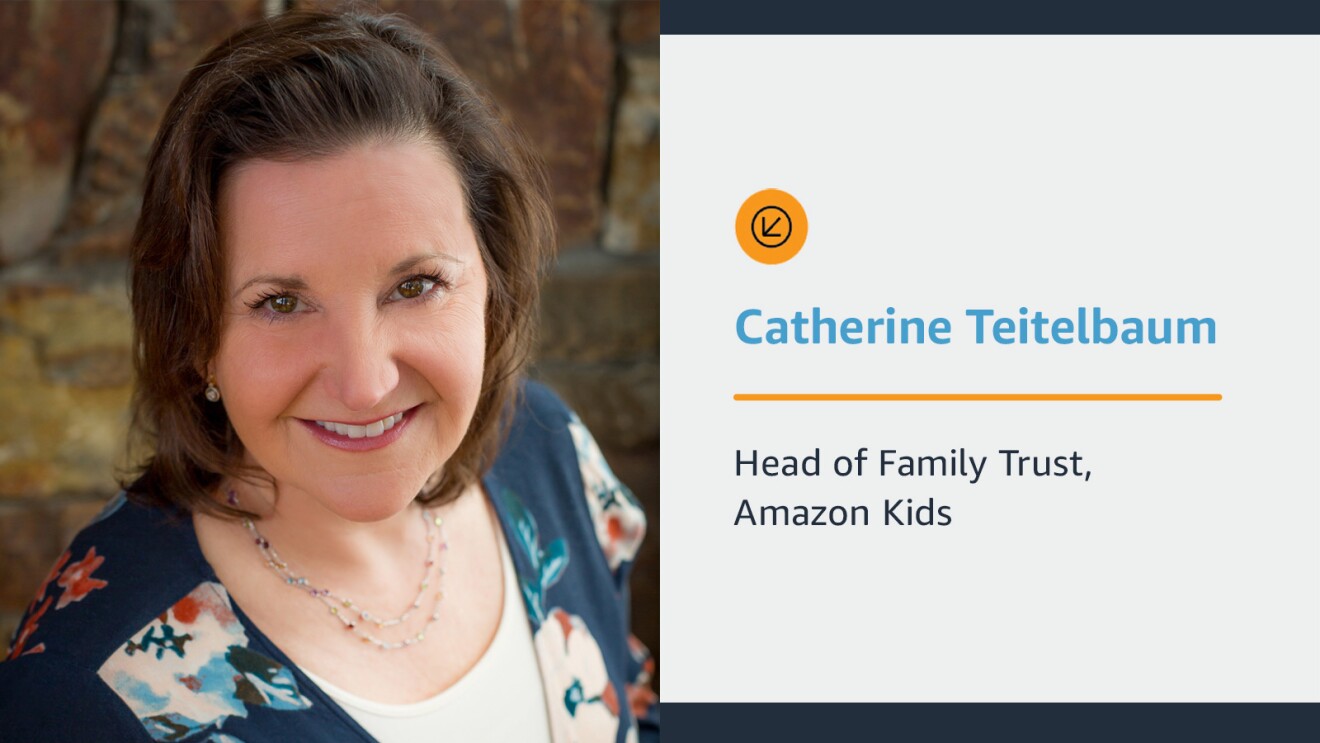Online advertising is everywhere and can even be personalized for the people who see it. Naturally, parents want to keep their children safe and aware of when they are being influenced. But how do you speak and help your children understand?
Catherine Teitelbaum, who leads Amazon Kids’ family trust programs, and John Cathey-Roberts, director of global advertising policy for Amazon, talk about how online advertising works, safeguards in advertising policies and practices, and how online advertising works. ‘Amazon, especially around children, and tips for parents on how to navigate this landscape.
Q: What are Amazon’s safeguards regarding advertising policies and practices for children and teens?
Catherine Teitelbaum: Amazon maintains strict advertising policies when it comes to children and teens. Amazon Kids+ is our subscription service for children and is completely ad-free. It provides premium books, videos, and games for learning, along with other content. But parents have the possibility, through the Amazon Kids Parent Dashboardto approve additional content, such as games or school apps, which may include advertisements.
I recommend that parents review the features and disclosures of these apps in the App Store before approving them for download or adding them to their child’s profile. In this way, parents can confirm that the content, experience and corresponding advertisements meet their expectations. On amazon teenswe filter out certain types of ads on this store so teens don’t see them.
Q: Can you explain advertising and how online advertising works?
John Cathey-Roberts: Advertising can take many forms – entertaining, cute, informative, funny, paid – but all advertisements are intended to persuade the public to do or buy something. An advertisement is a type of content that someone pays for other people to see. This person is usually a business, but the ad can also be a public service announcement trying to get you to brush your teeth. The goal is to convince you to buy into an idea or buy a product or service. We set the bar high for the advertising standards we accept and the type of content that is displayed in advertisements.
Q: You are both parents. How do you talk about advertising to your children?
John Cathey-Roberts: I talk with my children, who are 8, 18 and 19, about how advertisers can influence them and by what means they try to do so. It’s important to help your children understand the difference between content and advertising.
Catherine Teitelbaum: When my son was young I tried to make a game with “guess what they want you to buy?” Especially at events like the Superbowl, we’d have an entire room competing with guesses as each new commercial aired on TV. Less competitively, we would review apps from the App Store together. While focusing the conversation on why my son was interested in a game, we were talking about the age rating, if there would be any ads or opportunities to buy things in the app, and then making sure that our expectations were clear.
Q: What advice would you share with other parents as they navigate technology and online advertisements?
John Cathey-Roberts: It is important to provide information in a developmentally appropriate way and to stay aware of children’s changing interests and exposures over time. As parents, we know how to check ratings and reviews to determine if programming is suitable for our children, but it’s also important to be aware of the advertisements shown in that programming.
If my 8 year old says he wants to play a game, I play the game first to check the content and see what kind of ads are there. Or if it’s a new channel they want to watch, I watch that channel and make sure it’s suitable for my kids. Every time you download a new app, check the parental control settings and options.
About John Cathey-Roberts

John Cathey-Roberts has over 20 years of experience in online advertising policy. He leads the Worldwide Advertising Policy team, which is responsible for setting and maintaining a high standard of customer experience for advertising content that Amazon accepts in all of its advertising products.
About Catherine Teitelbaum

Catherine Teitelbaum is a former educator, industry veteran, and recognized pioneer in online safety, product policy, educational technology, and developing trusted digital products.
Learn more about creating healthy digital experiences For your family.

